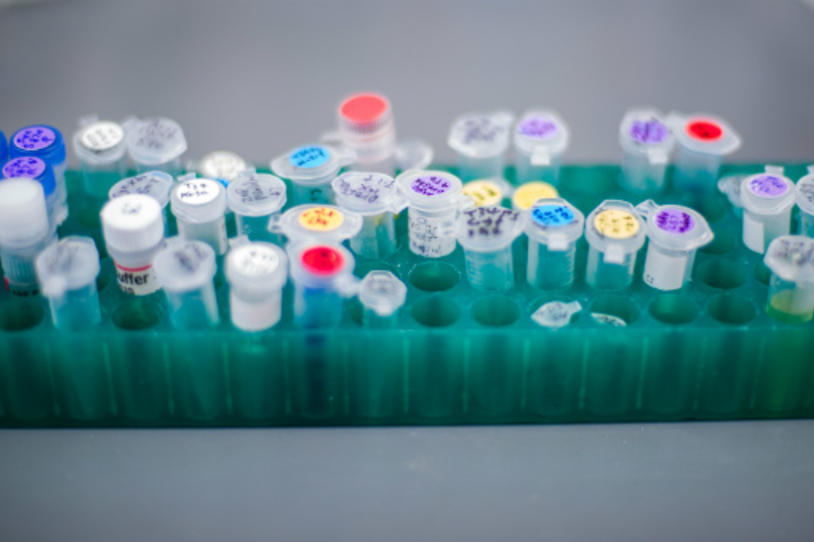
The microbiome is a growing area in Parkinson's research and The Michael J. Fox Foundation (MJFF) has already made investments. I recently spoke with the Center for Microbiome Innovation at UC San Diego about MJFF's research portfolio and future directions. Here, I share more on what we've learned and the unanswered questions that will guide our next steps.
The Gut-Brain Connection
There is a gut-brain connection in Parkinson's. One of the earliest symptoms of the disease, starting before most people are diagnosed, is constipation. Studies have found toxic forms of the protein alpha-synuclein in the colon of Parkinson's patients. The incidence of Parkinson's is higher in people with Crohn's disease, inflammatory bowel disease and ulcerative colitis. And other research has shown that people with Parkinson's have an altered microbiome, with higher levels of H. Pylori bacteria.
The microbiome can reach the brain through the vagus nerve and the circulatory system. A 2017 study found an association between severing the vagus nerve between intestinal organs and the brain and a lowered risk of Parkinson's. But is the problem starting in the brain, the gut, or everywhere at the same time? These "chicken or egg" scenarios are common in Parkinson's and point us in the direction of needed research.
What is the Microbiome?
The microbiome is a universe of bacteria inside us, most living in our gastrointestinal tracts. It includes more than a thousand species of bacteria, which have around 3 million genes. We harbor 150 times more bacterial genes in our bodies than genes in our own genomes.
Though some of the bacteria are harmful, others provide us with vital nutrients such as vitamins A, D and K and short-chain fatty acids and some actually release neurotransmitters (i.e., signaling chemicals most commonly associated with brain cells). Due to its size, complexity and influence on health, the microbiome is sometimes referred to as a separate organ.
What's Happening in Research?
Last winter, I was a presenter at the Microbiome Movement Gut-Brain Axis meeting in Boston. The meeting included researchers focused on a range of brain diseases, including Parkinson's, ALS, autism spectrum disorder, epilepsy and several psychiatric disorders. Some of the things I saw blew me away.
My fellow presenters shared research that showed changes at the gut level were then happening in the brain and altering behavior. They also shared research on promising ways to treat problems arising from the microbiome with drugs, diet and surgery.
What is MJFF Doing?
The Michael J. Fox Foundation has funded research on the microbiome for many years. This included programs to define, measure and treat issues arising in the gut that contribute to Parkinson's. An early focus was on trying to understand the underlying biology, which included biopsies and post-mortem evaluations of the gastrointestinal tracts of people with Parkinson's. We also supported research to identify and validate targets in the gut like the hormone ghrelin and GLP-1 that could guide the development of new treatments. A more recent study found that bacterial infections in the gut may contribute to alpha-synuclein in the brain.
Our strategy includes funding work on ways to measure processes in the gut that are involved in Parkinson's, a lot of which was done through the Systemic Synuclein Sampling Study (S4). Three current grantees are developing biomarkers to measure certain aspects of the microbiome, including its role in inflammation, its composition in early Parkinson's and how it changes over time and how it differs between people with Parkinson's and without.
We have also funded research into potential treatments targeting the microbiome and related symptoms such as constipation. These include diets and supplements such as resistant starch and clostridium leptum and medications targeting ghrelin and LRRK2.
What's Next?
Fundamental questions remain unanswered about the microbiome and Parkinson's disease. What is secreted by the microbiome and can we measure it? What is in the gut microbiome of healthy people that's different from people with Parkinson's? And perhaps most importantly, what do we want to change about the microbiome to improve health, and how do we do that?
Finding these answers will guide our investments as we continue to support research into the microbiome and the gut-brain connection in Parkinson's.
